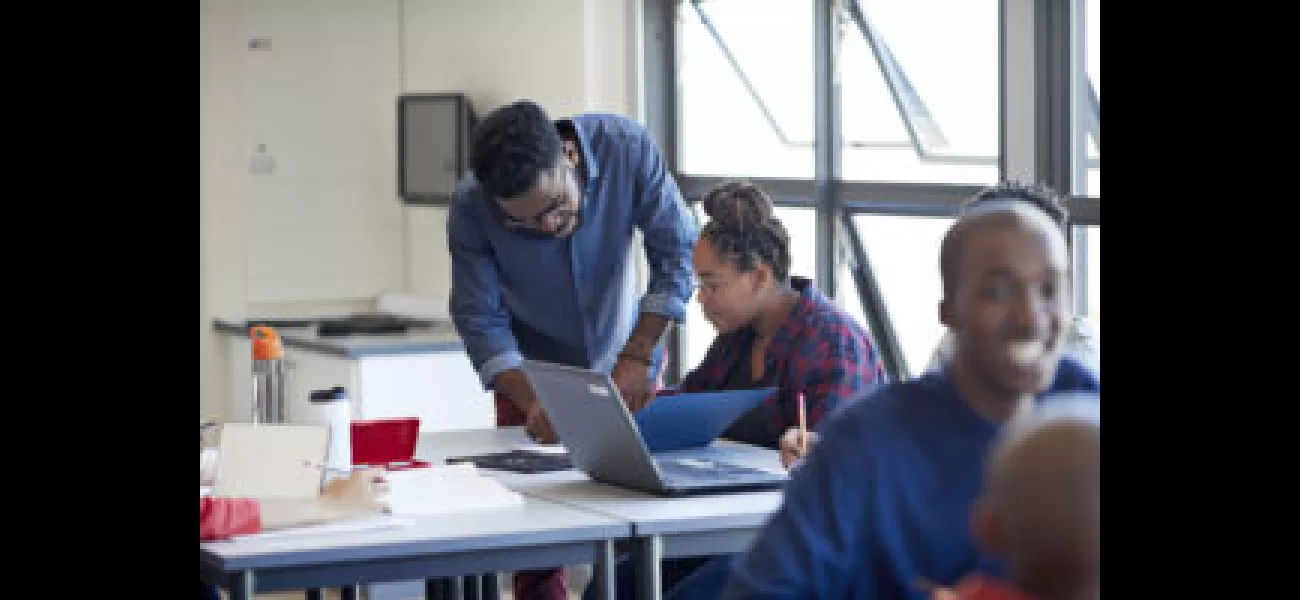Wells Fargo expands financial literacy program to 28 universities serving minorities.
Program seeks to provide access to all HBCUs, not just those already receiving aid.
October 29th 2023.

Wells Fargo is continuing its 2021 investment into financial literacy and wellness for students of color in higher education by extending its Our Money Matters program. This program has been endowed with $5.6 million from the Wells Fargo Foundation and administered by the HBCU Community Development Action Coalition.
The program includes an online hub where students can access financial literacy education and personal finance tools, a curriculum integrating general education and degree programs into a financial curriculum which fosters financial literacy, and a service suite that gives access to resources for well-being, in partnership with partner universities.
The aim of the program is to help close the racial gap in financial health and wealth retention, as well as ease food and housing insecurity. Diane Goins, executive vice president of Wells Fargo’s Banking Inclusion Division, told The Griot: “Financial literacy is a real entry point where a difference can be made in the community, and in working with HBCUs, we are giving the necessary financial education and resources to tomorrow’s leaders.”
The program has slightly outpaced initial projections, with 15,600 students being served across 28 institutions in year two. Furthermore, Goins has noted that the program has seen great interest and engagement. This is why they want to expand and include the smaller HBCUs and not just the larger, more well-known institutions.
Goins also pointed out that in select cities, there are Operation Hope financial coaches that are in certain Wells Fargo locations. Students enrolled at partner institutions do not need to have an account to be allowed to use these services.
The Our Money Matters program has already been a great success, with its ability to provide tremendous value to students who may come from communities where the only way to pay for their education is to take out loans. As more time goes on, even more HBCUs and Minority Serving Institutions could be added to the program.
The program includes an online hub where students can access financial literacy education and personal finance tools, a curriculum integrating general education and degree programs into a financial curriculum which fosters financial literacy, and a service suite that gives access to resources for well-being, in partnership with partner universities.
The aim of the program is to help close the racial gap in financial health and wealth retention, as well as ease food and housing insecurity. Diane Goins, executive vice president of Wells Fargo’s Banking Inclusion Division, told The Griot: “Financial literacy is a real entry point where a difference can be made in the community, and in working with HBCUs, we are giving the necessary financial education and resources to tomorrow’s leaders.”
The program has slightly outpaced initial projections, with 15,600 students being served across 28 institutions in year two. Furthermore, Goins has noted that the program has seen great interest and engagement. This is why they want to expand and include the smaller HBCUs and not just the larger, more well-known institutions.
Goins also pointed out that in select cities, there are Operation Hope financial coaches that are in certain Wells Fargo locations. Students enrolled at partner institutions do not need to have an account to be allowed to use these services.
The Our Money Matters program has already been a great success, with its ability to provide tremendous value to students who may come from communities where the only way to pay for their education is to take out loans. As more time goes on, even more HBCUs and Minority Serving Institutions could be added to the program.
[This article has been trending online recently and has been generated with AI. Your feed is customized.]
[Generative AI is experimental.]
0
0
Submit Comment





